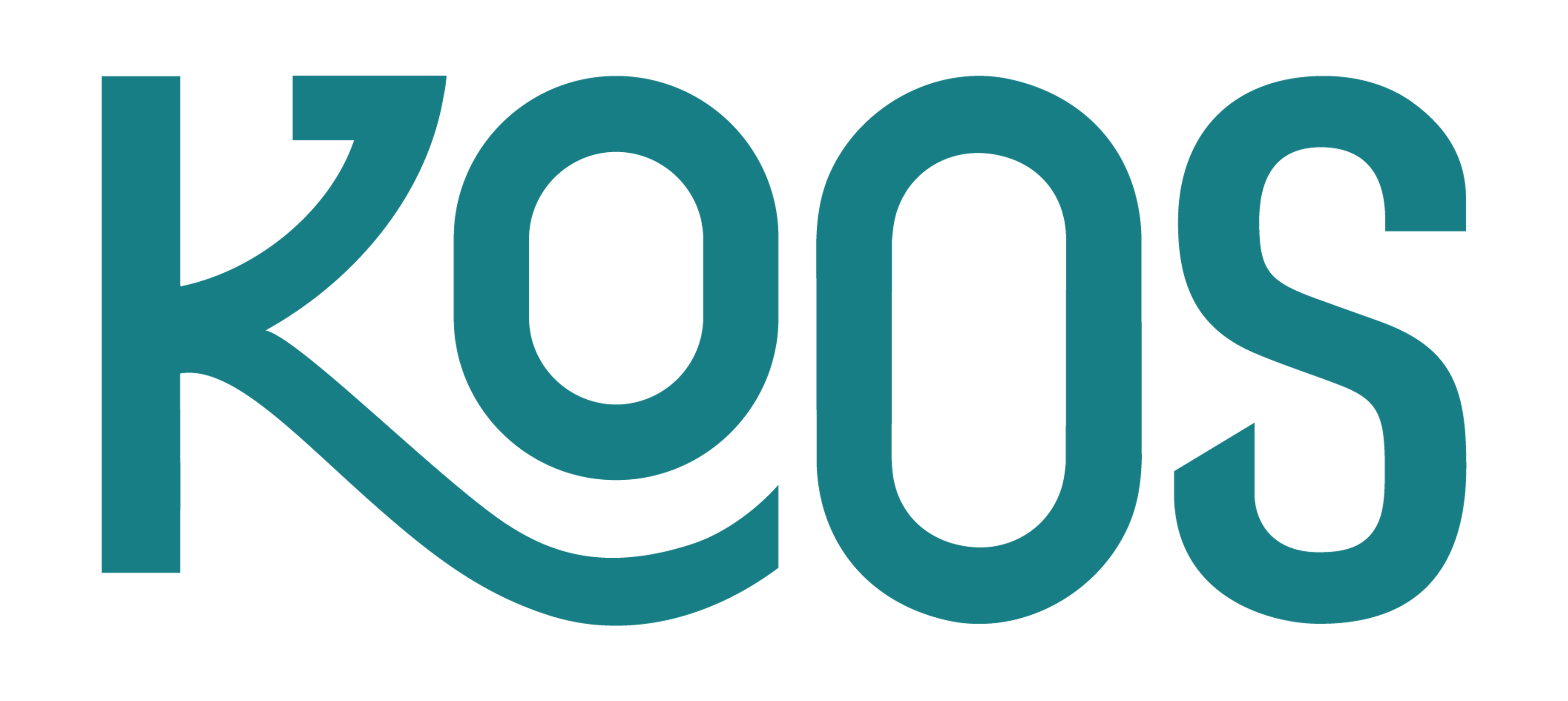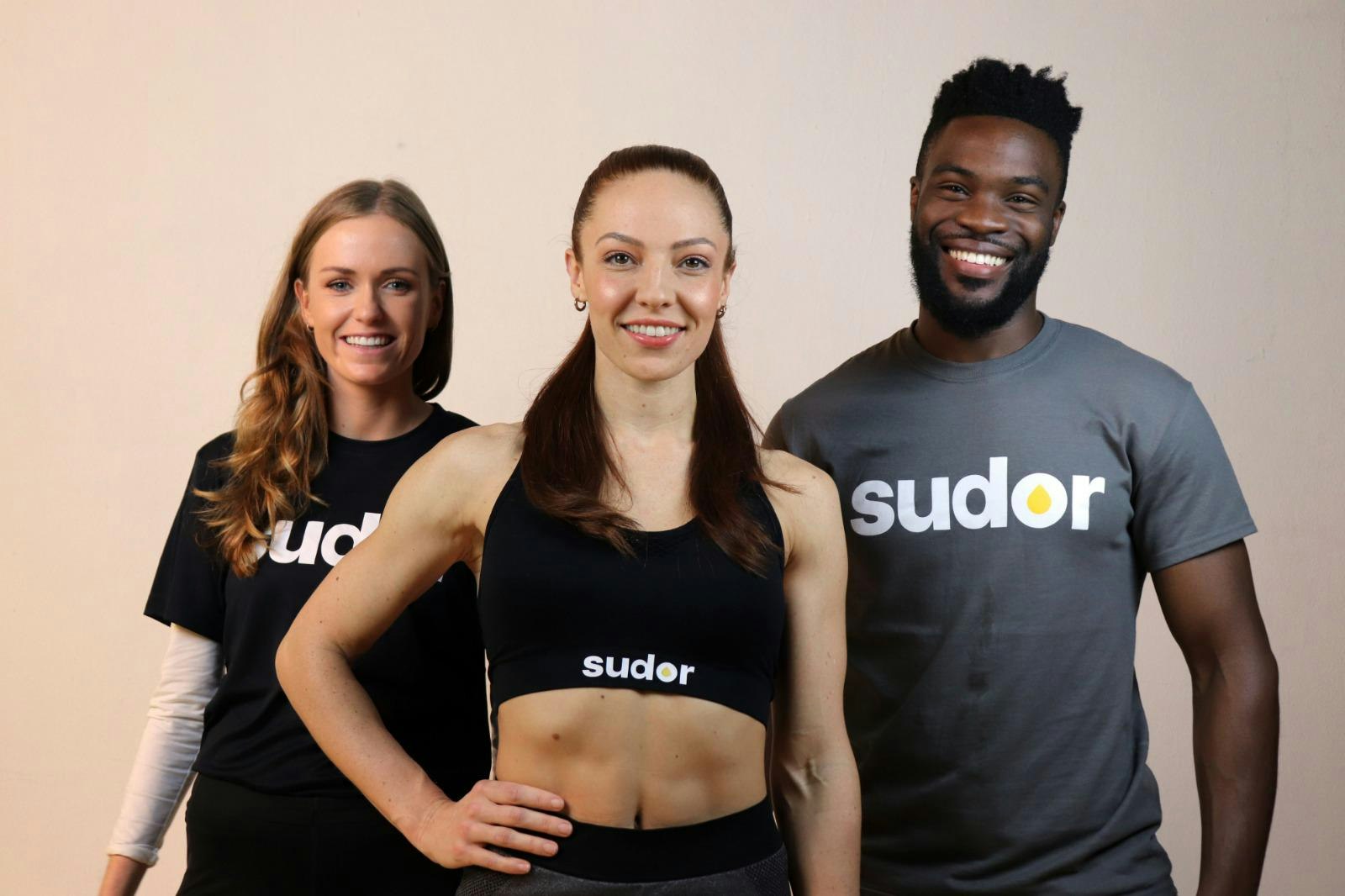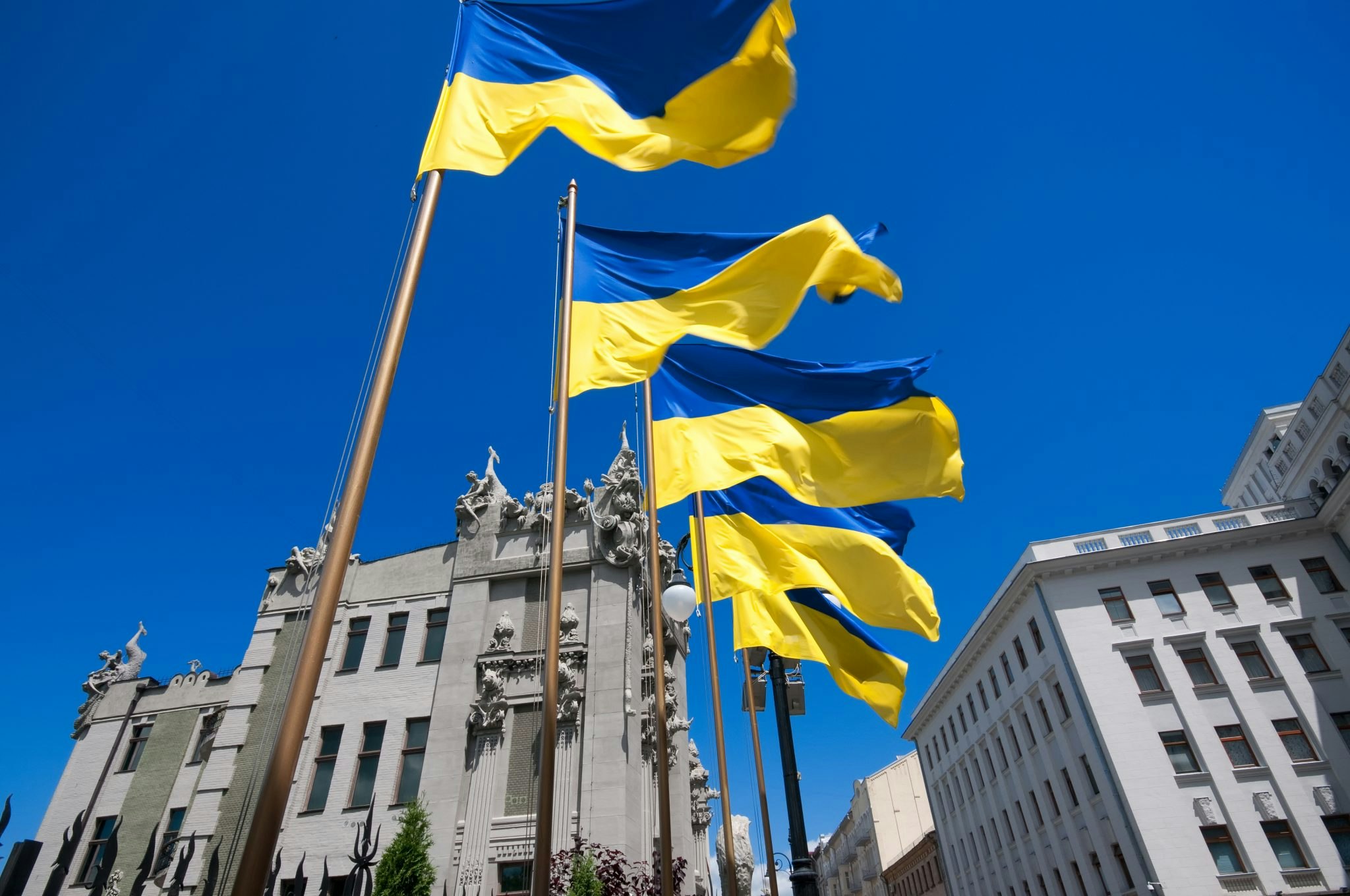Great businesses are never built alone — getting a company off the ground is a group effort. And in today’s contributor economy, where test users, industry peers, influencers and many more people comprise a startup’s community, founders are rethinking how they show their appreciation.
Startups rely on the feedback and participation of their community, yet despite it being fundamental to their growth, communities aren’t always rewarded fairly. In the past, they have been given one-off gifts that don’t correspond to the impact they’ve had. But now founders are starting to recognise the ethical and business duty to bring communities into the long-term success they’ve helped shape.
Here’s how three successful founders are reinvesting in those that have given them a helping hand.
Giving contributors skin in the game
It’s not that founders haven’t wanted to share equity with their communities, rather that historically it could only be done with investors and internal employees.
Every founder has had the feeling that a person helped them a lot, and wants to know how to thank them. Equity has become that
Tools like Koos are changing that. The SaaS platform handles company stakes to reward and motivate contributors and communities. Companies can choose how much equity they want to give away and for what tasks — and Koos then facilitates those transfers.
According to cofounder Taavi Kotka, “every founder has had the feeling that a person helped them a lot, and wants to know how to thank them. Equity has become that."
Koos follows its own philosophy. Everyone in the company can give out Koos stakes to whomever they want. For instance, Koos relies on its community for referrals, so often gives stakes to community members who have recommended the tool to others.
“We can’t make them shareholders, but we can potentially make them money down the line,” says Kotka. “Even the smallest impact can do a lot for companies. Founders need to give community members real skin in the game.”
But founders need to first make sure they speak the same language as their community, Kotka continues. Not everyone will appreciate equity if it’s not translated into tangible value for them. For example, drivers on a ride sharing app could be told that they will earn X amount in revenue, plus with Y number of stakes, they could buy a new car. Converting the stakes into rewards that resonate with communities is as important as the stakes themselves.
With tools like Koos facilitating fast equity distribution to communities, founders can leverage their communities more because they know that they’re not a free lunch — they’re respected partners who are properly remunerated. “It’s not about either party getting greedy,” Kotka says. “It’s about finding fairness.”
Communities as co-owners and cofounders
When the pandemic hit, Reigo Ahven, founder of Fairmus, saw many of his musician friends struggle to make ends meet. Popular music streaming platforms weren’t fairly paying them for their content, which was at the heart of the service — and some platforms were pushing them to be marketers more than musicians.
[Musicians and listeners] could be like coowners and cofounders, helping us make the platform
In response, Ahven launched Fairmus, the music streaming app where artists can upload songs for free and are paid according to the amount of time users spend listening to their songs, not the number of plays. Moreover, both musicians and listeners receive tokens from Koos for uploading content and giving feedback about the platform. These tokens equate to equity in Fairmus, and ensure that contributors get a slice of the pie they helped bake.
“We wanted to motivate musicians and listeners to feel like they’re building something together,” says Ahven. “They could be like co-owners and cofounders, helping us make the platform.”
The tokens are also awarded in other ways. For example, Fairmus recently asked its community to send in suggestions for a new slogan. The person with the winning slogan was given 1m tokens, the equivalent of a 0.01% share in Fairmus — which at the current valuation is worth €1,200. Every person who submitted a slogan was also given 10k tokens.
Ahven adds that he uses tokens for feedback about features. “If users tell us what to change, it’s a good business decision, and we can reward people who answer with tokens,”he says, adding he also plans to develop the tokens as a type of currency in the future, where the Fairmus community can use them to buy concert tickets or licence their music.
For Ahven, Fairmus is both a solution and a community, and there needs to be a constant value exchange between the two. “Founders seem to care about community in the beginning, but as things take off, that fades out. I want to make sure that promises are given, made and kept.”
With the tokens, Fairmus gives community members a financial reward, but also the sense that they belong to something that matters, Ahven says.
Making rewards technologically and legally simple
Antti Perli is a partner at law firm Ellex. Koos was built with support from Ellex, adopting a legal framework that complies with UK and EU laws.
Perli believes that giving equity creates a kind of owners’ society where individuals are brought into startups’ circles, and aren’t forgotten after their contribution is made. At the same time, it changes founders' attitudes toward rewarding communities — they see that financial gains should be spread beyond investors to have a bigger business impact, particularly on ESG factors such as equality, fairness and accountability.
It used to be that cash was king, then it was content, now it’s community
Perli recognises that some founders may be deterred by compliance challenges around equity as a reward — especially when different countries have different regulations. However, in the EU and the UK, Ellex has designed a programme for Koos that meets legal requirements across a number of locations, so startups can quickly and securely offer equity to international communities.
“By making giving equity technologically and legally simple, the process could evolve into other areas that we don’t see at the moment,” says Perli. He says that companies could eventually give community members partial ownership rights for products and services they work on, inviting them even deeper into the company fold and giving them greater say there.
“It used to be that cash was king, then it was content, now it’s community,” says Ahven.



